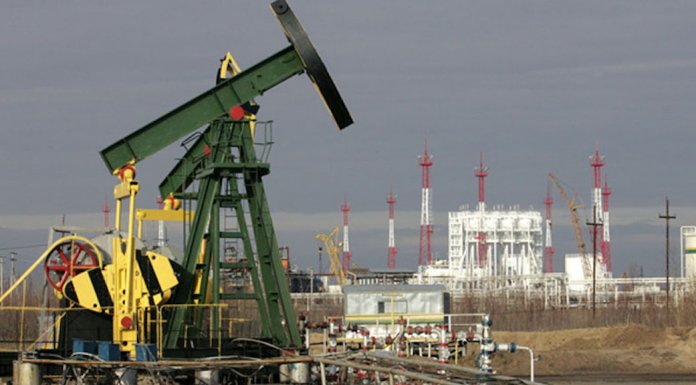
Delayed PIGB, Militancy’ll Top Challenges For Oil Sector In 2020
Continued pipeline disruptions, delay in passing the Petroleum Industry Governance Bill (PIGB) as well as other issues, may drag necessary reforms needed for growth in Nigeria’s oil and gas sector this year.
Indeed, Economic Confidential had last year reported that over $163 billion projects initiated across the industry value chain remain in limbo, as investment drought takes a new turn in the country.
With the exception of the Final Investment Decision (FID) for Nigeria LNG Limited (NLNG) Train 7 Project, which was taken last month, the fate of other projects hangs in the balance.
President Buhari’s radical move in November, to hike taxes on companies operating in its lucrative deepwater blocks may have raised the government’s share of the revenue from oil but could backfire by deterring international oil companies from Africa’s largest producer and hindering output growth.
Buhari’s shift comes as other producers in the region, like Angola and Gabon, sweeten fiscal terms to attract foreign investment into their beleaguered oil sectors.
“A 10% royalty hike marginally reduces Nigeria’s competitive advantage, in a country where investors must also weigh persistent security risks,” Paul Sheldon, geopolitical advisor at Platts Analytics, said in a recent note.
Nigeria, OPEC’s biggest African producer, saw its oil production grow sharply in 2019 thanks to the startup of the 200,000 barrels daily (b/d) deepwater Egina field, with output averaging a five-year high of 1.91 million b/d in 2019, according to Platts estimates.
Militancy in the Niger Delta remained largely dormant in 2019, which helped keep production at elevated levels. But the security situation in the Niger Delta remains fraught as history has shown the region is just a few sparks away from a conflict.
Buhari has been managing militancy in the restive Niger Delta by continuing amnesty payments, and this will continue into 2020, according to the country’s budget.
“The real threat is aging infrastructure,” Ed Hobey-Hamsher, senior Africa analyst at consultancy Verisk Maplecroft, told S&P Global Platts.
He said, “Dilapidated pipelines would exacerbate the production disruption caused by even a minor increase in theft or sabotage by up to 300,000-400,000 b/d.” Key export flows on the Trans Forcados pipeline and Nembe Creek trunk line were frequently targeted by thieves resulting in shutdown on several occasions in 2019.
The country’s oil production prospects, however, remained stunted by the government’s budget deficits.
Platts Analytics said Nigeria’s persistent fiscal deficits, projected by the IMF at 5% of GDP, and nearly 40% of the budget in 2019 and 2020, raise short-and medium-term risks to oil supply growth.
“Fiscal stress puts a spotlight on amnesty payments to Niger Delta militants, which risk being gradually whittled away as 2016 recedes further from memory,” Sheldon said.
“However, a cut to amnesty payments could quickly change regional security dynamics.”
Nigeria saw its production plummet to a 30-year low of around 1.4 million b/d in mid-2016, due to devastating attacks on oil installations by Niger Delta militants.
Nigeria’s singular piece of legislation aimed at introducing radical reform in its oil sector, the Petroleum Industry Governance Bill, or PIGB, is still gathering dust in the parliament as it continues to bounce between legislative and executive arms of government.
The PIGB, which would change the organisational structure and fiscal terms governing the Nigerian oil industry, has been in the works since 2008. Foreign oil companies have said billions of dollars in investments in the Nigerian oil industry have been held up due to the non-passage of the PIB.
Nigeria aims to increase oil production from to 3million b/d by 2023, according to a government document. But industry analysts say the target may elude the country due to the climate of uncertainty the non-passage of the PIB has created.
Most analysts do not expect the bill to be passed this year, which means international oil firms are unlikely to increase their investment in the country unless more attractive terms are offered.
“Buhari could provide a positive signal to investors and temper tumbling investor confidence through a speedy passing of the PIGB in 2020, a prospect, however, that remains remote,” Hobey-Hamsher said.
Minister of State for Petroleum, Timipre Sylva, however, said he will be striving to get the PIGB passed by mid-2020.
